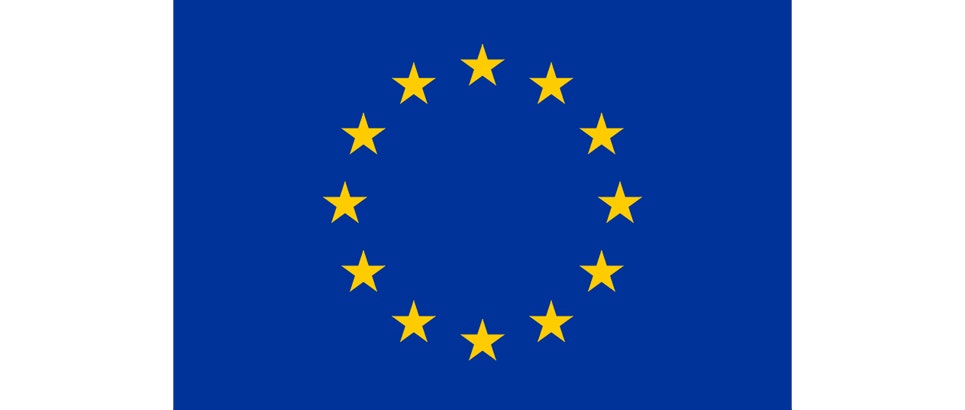Working together to enhance global energy RD&D data collection
Webinar recording
Background information
The IEA and Mission Innovation recognize the key role of innovation to achieve energy transition, globally; and the importance of tracking progress and developing appropriate metrics to inform policy.
This joint workshop aimed to support countries to collect the highest quality energy technology RD&D budget data, with the objective of driving improvements by exchanging experience and practices. Presentations and interactive discussions leveraged the breath of expertise across countries, also highlighting new areas of collaboration within the international community.
Objectives
- Exchange practices to improve tracking of energy technology RD&D budget data across IEA members and beyond
- Increase collaboration between countries with different data collection approaches
- Demonstrate how challenges in data collection can be overcome in an efficient manner
Summary
The workshop gathered nearly 100 participants online, including 30 countries and 67 organisations, an impressive achievement that shows the broad interest and relevance of RD&D data as countries seek to drive sustainable recoveries while meeting ambitious climate goals. The discussion was very timely in the context of the launch of Mission Innovation 2.0 on 2 June 2021 and its stated objective to improve the availability and quality of energy innovation data.
The discussion demonstrated the great progress in RD&D data collection across countries in recent years, driven by a strong policy push, with new information systems being designed (such as Brazil and Lithuania), and consolidated systems being enhanced (such as France and Germany).
Participants also clearly recognised the value of exchanges across countries with different levels of experience to better highlight opportunities for solutions to common challenges – either institutional or technical - related to gathering timely, comprehensive and accurate data on energy RD&D spending by technology area at national level.
At the institutional level, the number one challenge appeared to be the need for clear arrangements, so that multiple institutions and organisations collaborate to gather national data, with defined roles and responsibilities for coordination, input, quality control and dissemination. A good collaboration framework is central to ensuring good quality and full coverage of the data collection process, especially for those countries with a high number of institutions.
On a technical level, the key challenge identified was the difficulty in attribution of funding per project to specific technology classifications. This can be a particularly important for countries that are setting up new data collection systems and those with a large share of cross-cutting programmes. One example of good practice is the close collaboration at an early stage with the individual funding institutions that need to report data. In countries that have their own separate classifications there are good examples of processes to map the different systems across each other, and with the international reporting, such as that of IEA.
A common fundamental issue in many countries is the limitation of human and financial resources allocated to improving and facilitating RD&D data collection, and to maintaining expertise among staff over time, although some good examples to improve cost-efficiency and automate the process were presented, notably from Switzerland and Canada.
Among the solutions shared, having a platform with a central database that can be used by funding institutions and organizations as well as national representatives reporting to the IEA was shown to be a useful tool to put it place. It allows for a standardisation of reporting and automation of the verification process. It can be very helpful to have additional indicators in the database, such as genders or sizes of recipients and technology readiness levels (TRL) for the projects.
Contributors demonstrated that continuous improvement of the data collection process is possible as well as critical. It may mean improving the coverage of the data by adding new institutions, or changing the methodology to better reflect the evolving RD&D landscape of a country. The relative importance of technology topics and institutions can change over time and newly arising ones need to be captured before their impact becomes significant.
Participants also identified their main uses for data on energy RD&D budgets in policy-making. Three uses were highlighted as having similar importance.
- Helping set government innovation priorities by identifying weaknesses and setting priorities.
- Benchmarking against other countries, as well as learning good practices from other countries.
- Tracking progress of the innovation system over time, also combined with other data; and setting targets and evaluating progress towards them.
The International Energy Agency recognises the tremendous levels of efforts made by all governments that collect valuable energy RD&D for the benefit of analysts and governments worldwide. The IEA will continue to help connect and coordinate countries to share experiences and deepen their collaboration. The workshop agreed that future events could delve deeper in areas for further improvement: how to address gaps in RD&D budgets information systems and also how to add new insights into funding by type of policy instrument, technology maturity, gender of recipient, private sector funders or employment impacts.
Presentations
- Setting the scene from the IEA
- Switzerland: Data collection of the Swiss energy research statistics
- Canada: Energy RD&D data collection process knowledge sharing
- Lithuania: On the path to establishing a RD&D data collection system in Lithuania. First steps
- Brazil: Working together to enhance public RD&D data collection, the Brazilian case
- France: Update of France energy public RD&D statistics taling into account ITER fundings
- Germany: Mapping Germany's energy RD&D expenditures to the IEA

The IEA’s role as the organiser of this event is facilitated through IEA’s Clean Energy Transitions in Emerging Economies programme, which has received funding from the European Union’s Horizon 2020 research and innovation programme under grant agreement No 952363.